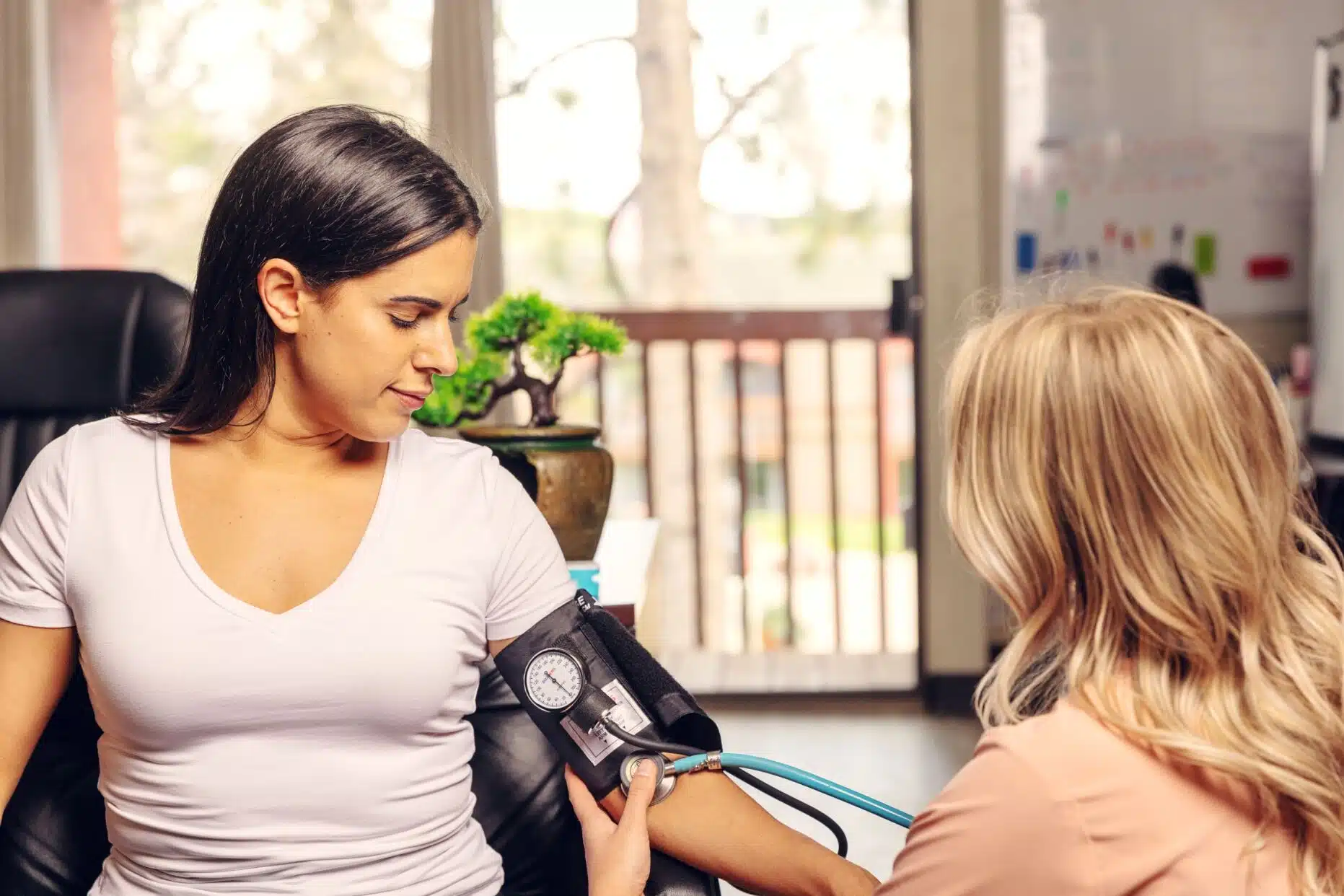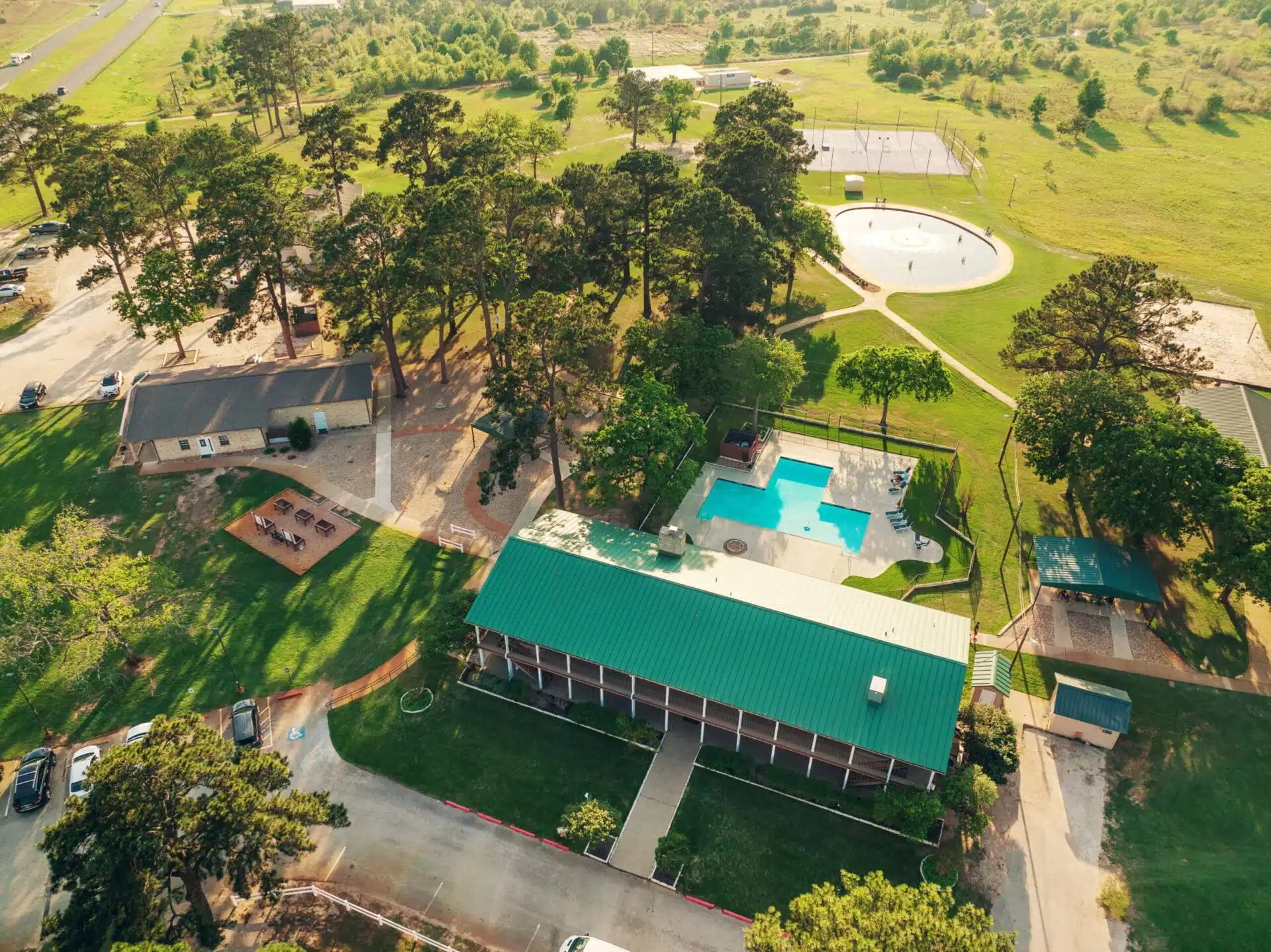Newly sober addicts often hear warnings not to date or get involved in relationships immediately after treatment. The advice is to wait at least a year and work on what’s driving the addiction.
But what about when you’re in love with an addict? What then?
When Your Significant Other Is an Addict
Whether you’ve just started dating someone who was an addict (ideally, they’ll have been in recovery for some time) or you’re in a long-term relationship with a current user, each situation can present several challenges.
When you love an addict, it’s best to view the relationship through a clear lens. Every relationship has its ups and downs, whether substance use disorder is a factor or not, but approaching the commitment with realistic expectations can help smooth potential road bumps.
Come Face-to-Face with Reality
It doesn’t matter if your sweetie is using or in recovery. Addiction may present obstacles. To help yourself and your loved one, it’s smart to understand what addiction is and what drives it.
Addiction is a disease. People with substance use disorders will use their substance of choice despite the potential to harm themselves and others. Misusing drugs and drinking alcohol changes the brain’s circuitry.
Drugs light up the user’s dopamine receptors and alters the normal reward-recognition process. If your brain is a computer, and drugs are a virus, basically there’s no going back to factory settings. It’s not a loss, but things will be altered. (Hopefully only ever so slightly.)
Because addiction is considered both a mental illness and brain disorder, as with any other chronic illness, there is the potential for relapse.
Even knowing that, addiction isn’t a one-way ticket to nowhere. It takes work, possibly with medication-assisted treatment (MAT), behavioral therapies, or a stay in a rehab facility, but it can be overcome. People who’ve been in relationships with addicts admit there are pros and cons. If you become your partner’s habit and thrive on that level of closeness, that might not be so bad, though that’s not necessarily ideal in terms of a healthy give-and-take relationship. If they’re still using, however, be prepared to play second banana to their poison of choice. Dating an addict can bring up trust issues too. Even if they’re in recovery, it’s not unrealistic to wonder if they’ll slide back into use. Other pros: a recovering addict ideally won’t throw shade on any of your past questionable choices. If they’re in therapy or attending meetings, and working through their emotions and issues, they may be more available emotionally, which is a big plus. In cases where someone in the home struggles with addiction, that can affect the household in many ways. Significant others, children, elderly family members and other relatives may all experience:
Do Drug Addicts Love?
Tips for Loving an Addict
When loving a drug addict, remember, you can’t fix a person. And, while you’re not the cause, you’re also not the solution. Some things to consider:
- You need to ensure your safety and well-being as well as that of anyone else in the home (children, pets, elderly relatives).
- Set boundaries. And stick to them. It’s tough love, but it’s still love.
- Have a plan: If things escalate, have friends or counselors you can call. Or, call the police.
- Hold the purse strings: If need be, remove them from bank accounts and credit cards. (Or open them in your name only.)
- Encourage treatment: Discuss programs. Express your support of pursuing sobriety. They may not respond, but knowing you’ve got their back may make a difference one day.
- Self-care: Don’t stretch yourself too thin. Exercise. Eat right. Relax. This keeps you strong, but it also shows that you place value on yourself.
- Seek support: Find a self-help group or see a therapist. It can help tremendously to know that you’re not alone.
Difference Between Helping and Enabling
Codependency is a form of overhelping that really doesn’t help much at all.
Enablers end up doing things for others that the other people really should be doing for themselves. The enabler covers for their loved one, letting them sleep it off, paying bail for them, or allowing them to stay at home despite repeated disruptions. This isn’t helping. It’s accommodating.
While the codependent believes they are helping the addict, they’re doing the opposite by:
- Taking away the chance to learn from mistakes and see the need for change.
- Allowing them to stay dependent on the enabler instead of seeking independence and self-actualization.
- Prolonging self-destructive behaviors by always covering for them or fixing their problems.
To really love someone means allowing them to grow and develop, not letting them stagnate in destructive behaviors.
Know That Self-Care Does Not Equal Selfish
Some may struggle with creating boundaries and not wanting to rock the boat, but setting limits is good for you and for your loved one. You need to care for yourself too. By caring for yourself, you do yourself a solid by setting an example that you value yourself.
You can’t change anyone, except the person in the mirror. Be supportive of the one you love, but don’t be their legs. Let them stand on their own. That’s how to love an addict. And yourself.
Sources
- health.usnews.com – Why Newly Sober Alcoholics and Addicts Shouldn’t Date for a Year
- drugabuse.gov – The Science of Drug Use and Addiction: The Basics
- elitedaily.com – The Good, the Bad and the Ugly of Dating a Drug Addict
- healthline.com – How to Cope When Someone in Your Household Lives with Addiction
- scientificamerican.com – Is Your Relationship Codependent? And What Exactly Does That Mean?
- wexnermedical.osu.edu – Are You Enabling the Addict in Your Life?
Medical disclaimer:
Sunshine Behavioral Health strives to help people who are facing substance abuse, addiction, mental health disorders, or a combination of these conditions. It does this by providing compassionate care and evidence-based content that addresses health, treatment, and recovery.
Licensed medical professionals review material we publish on our site. The material is not a substitute for qualified medical diagnoses, treatment, or advice. It should not be used to replace the suggestions of your personal physician or other health care professionals.






